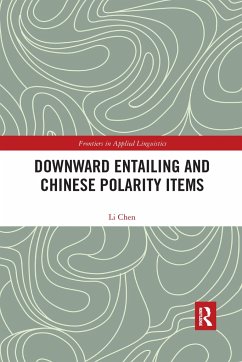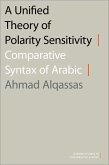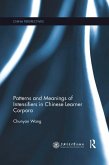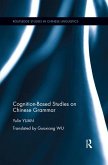Polarity phenomena are pervasively observed in natural languages. Previous studies on Chinese polarity items are mainly in line with the non-veridicality approach. This book, however, employs the downward-entailing hypothesis as its analytical foundation, and argues that downward entailment is the only licensor for different kinds of Chinese polarity items, and non-veridicality is neither a necessary nor sufficient condition and thus offers inferior explanatory power compared with the former. To begin with, it lays the groundwork for this research by presenting a brief introduction to polarity phenomena and reviewing the existing relevant theories. Then it addresses the status of the commonly used element dou in Chinese. Specifically, it applies the tripartite structural frame to the studies of dou, and examines the role of dou in licensing the polarity items. Moreover, it investigates the properties and behavior of dou with respect to modality. Based on the analysis above, it observes that non-interrogative wh-indeterminates in Chinese can be licensed in the restriction domain of a necessity operator. Also, the non-uniformity of three Chinese polarity items, i.e., shenme, na-CL, and renhe, is scrutinized within the downward-entailing framework. This book will appeal to scholars, teachers and students in the field of linguistics, especially in the areas of formal semantics and generative grammar. Researchers and engineers in cloud computing and big data who are seeking help from linguistic contributions to meaning and logic will also benefit from it.
Hinweis: Dieser Artikel kann nur an eine deutsche Lieferadresse ausgeliefert werden.
Hinweis: Dieser Artikel kann nur an eine deutsche Lieferadresse ausgeliefert werden.



![Catalogue of a Valuable Collection of Canadian Books and Rare Pamphlets [microform]: Includes Some Items of Remarkable Value and Great Scarcity, Choic Catalogue of a Valuable Collection of Canadian Books and Rare Pamphlets [microform]: Includes Some Items of Remarkable Value and Great Scarcity, Choic](https://bilder.buecher.de/produkte/66/66191/66191797m.jpg)




